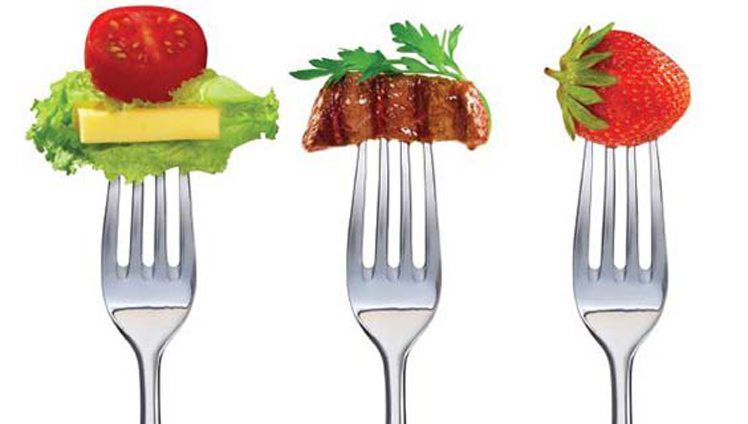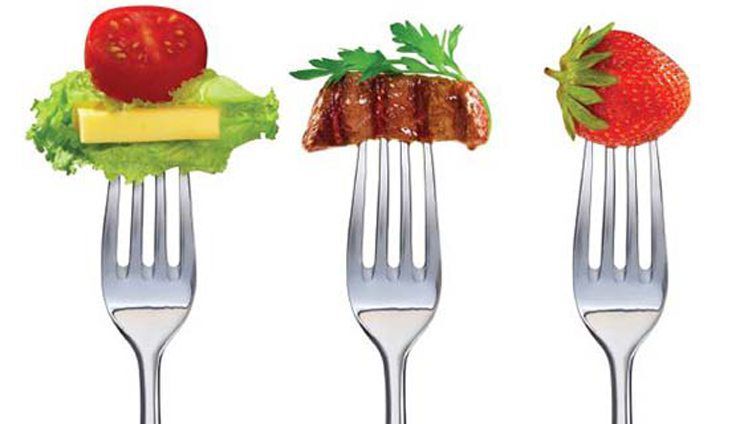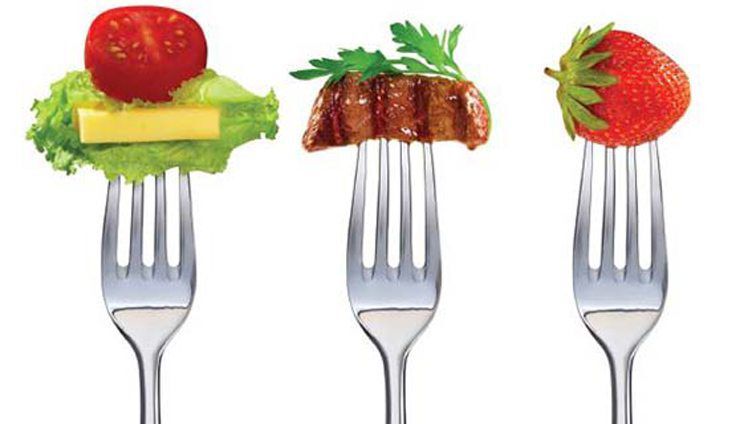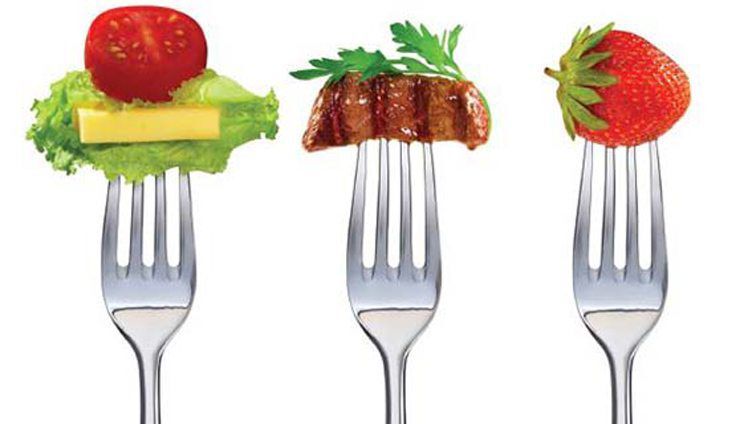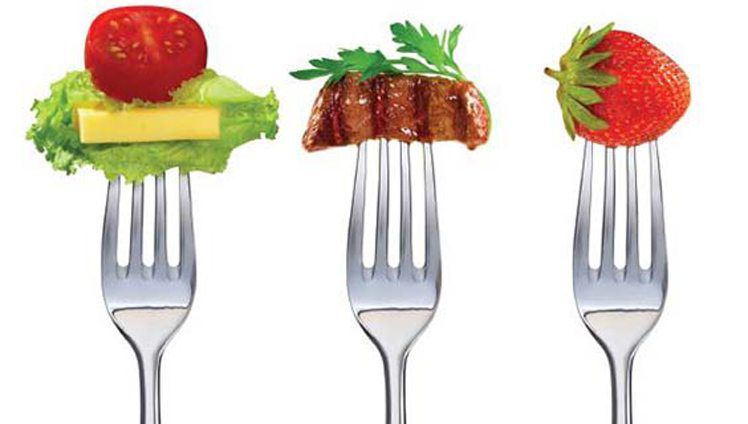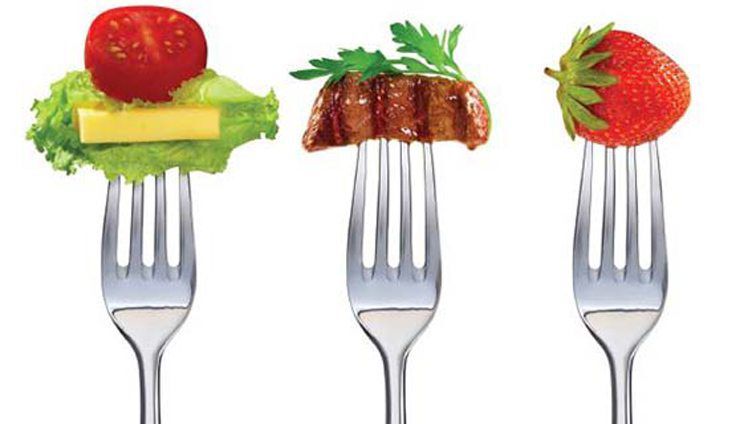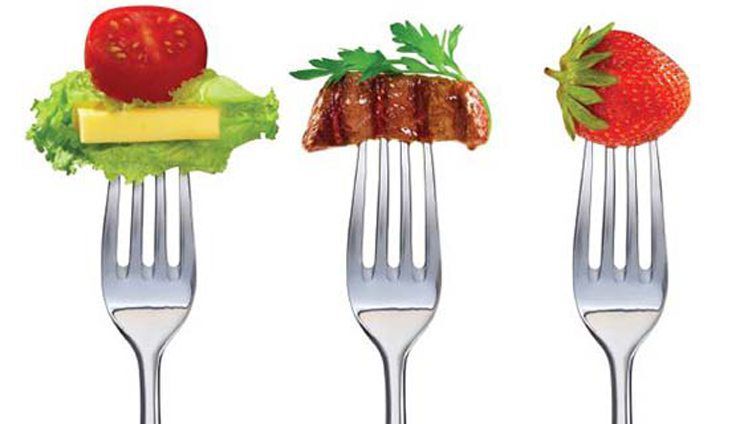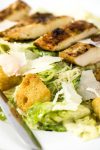In my family, we regard eating and talking as among the noblest human endeavors. So, it’s little wonder we have developed our language about food.
There is no place in it for the clichés of food writers — the “robust” stew or the “amusing” wine. Instead we speak of the “pick,” the “prance and a half” and the “nice little supper.” To the uninitiated, our consuming passion can be disconcerting. Once my new brother-in-law declined to participate in a communal “pick,” explaining that he wasn’t hungry.
“What has that got to do with it?” my father demanded. The rest of us gaped at the alien in our midst. Even after a six-course meal, we always can find room for what Winnie the Pooh called, “a little something.”
In our lexicon, a “pick” features a better class of food than mere leftovers. Rarely is the food reheated. Etiquette is suspended. A table is not laid, nor is the Almighty’s blessing sought. “Picks” are eaten standing up at the refrigerator, with a soundtrack of pigeon-like coos.
“Picks” often consist of leftovers from a “prance.” A “prance” is a meal on which the hostess has labored intensively. The term originated with my mother, who, for 20 years, prepared elaborate holiday spreads at intervals only a month apart. Fed up, she served notice that she would no longer “prance with a turkey” at Thanksgiving and Christmas. This gave rise to visions of a giant turkey waltzing through the kitchen, with Mama in his arms.
A derivative term is a “prance and a half.” This applies when a hostess has worked herself into lather for a meal. If she has spent hours ferreting out obscure ingredients in dusty ethnic markets, if she has strained these ingredients through cheesecloth, if she has marinated them in olive oil, if she has pulverized them with a mortar and pestle, then her Herculean effort will be rewarded with the accolade, a “prance and a half.”
Ordinary, leftovers heated up and passed off as a meal are called a “heppy-seffy.” This expression came our way from a visiting southern belle. She who offers the “heppy-seffy” deals the plates around the table with narrowed eyes — daring diners to complain — and calls out, “Hep yourself!”
A meal that entails moderate effort is “a nice little supper,” served only on weeknights to guests one knows well. “Nice little suppers,” nonetheless, feature “beast” or at least “bird.” Chicken, even when young and tender, is called “ol’ hen,” a legacy of our roots on the farm. There chickens weren’t sacrificed for food until, tough and elderly, they had reached the nadir of egg production.
“Store boughten” food is disdained by my mother, who once startled a timid visitor by declaring, “I cannot stand canned soup or people who like canned soup.”
If you have made something “from scratch” but failed, Aunt Louise will reproach, “You didn’t love it enough.” When begged for the recipe for her noodles, she will list “a half-eggshell” of water and a “smidgen” of salt. Should you ask how long to beat, pound or whip, she replies with the hooded eyes of Mona Lisa, “’Til it’s raht.”
To “binge” is to devote oneself to a large quantity of a given delicacy — polishing off a pint jar of artichokes or a soup bowl of hot fudge sauce. “Binges” often are done alone and in stealth, giving them a verboten quality that heightens the enjoyment. While the occasional solo “binge” is tolerated, eating and socializing are so interwoven that the chronic lone “binger” gets the same reputation as one who drinks alone before lunch.
An “org,” short for “orgy,” is undertaken by a group. It often is inspired by batter in the middle stage of production. Like sharks sniffing blood in their waters, “orgers” gather intuitively from all corners of the house to lick the beaters from Granny’s buttermilk brownies or crouch beside the ice cream maker to catch drippings off the paddle. Afterward, one who has partaken so prodigiously that he must lie belly up, like a dead goldfish, is diagnosed as “orged out.” Mama will urge him to “take” a little Coca-Cola to settle his stomach.
At night, restless spirits who prowl the pantry are “grazing.” A “grazer” is wild-eyed, clad in rumpled pajamas as he forages from cabinet to cabinet, swiping his forefinger through the peanut butter jar, then the honey pot, before dipping it into a bag of coconut. A fellow insomniac plagued by nocturnal demons might stumble down to join him.
Other verbs we find useful are “oinking” and “making bilge.” One “oinks” such food as potato chips or jellybeans, pleasing if nutritionally worthless. An “oinker’ is not necessarily large. My sister is the quintessential “oinker” but keeps her weight to a wraithlike 103 pounds. This she accomplishes through a regimen of strenuous exercise and a diet comprised chiefly of Chardonnay and cheese-flavored tortilla chips.
Only children who are young enough to require a high chair “make bilge.” “Bilge” is the viscous substance that results when a tot mixes foods like peas, mashed potatoes, ground meat and pudding with his hands. His high chair must be cleaned in the shower.
From toddler to octogenarian, hunger is considered urgent in my clan, on a par with financial insolvency and unrequited love.
During a trip to Spain, I discovered how satisfying it was to declare, “Tengo hambre!” My family was enchanted with the translation, “I have a hunger.” “I am hungry,” we decided, sounds feeble by comparison. Sometimes, the kids of the family chant, “Hiyamunger! We got hunger!”
As this chant echoes in my head, a belly growl reminds me that writing often develops an urgent appetite. Down with the pen, up with the fork and off to the fridge for a “pick.”
Rebecca Christian is a freelance writer from Ames, Iowa.

